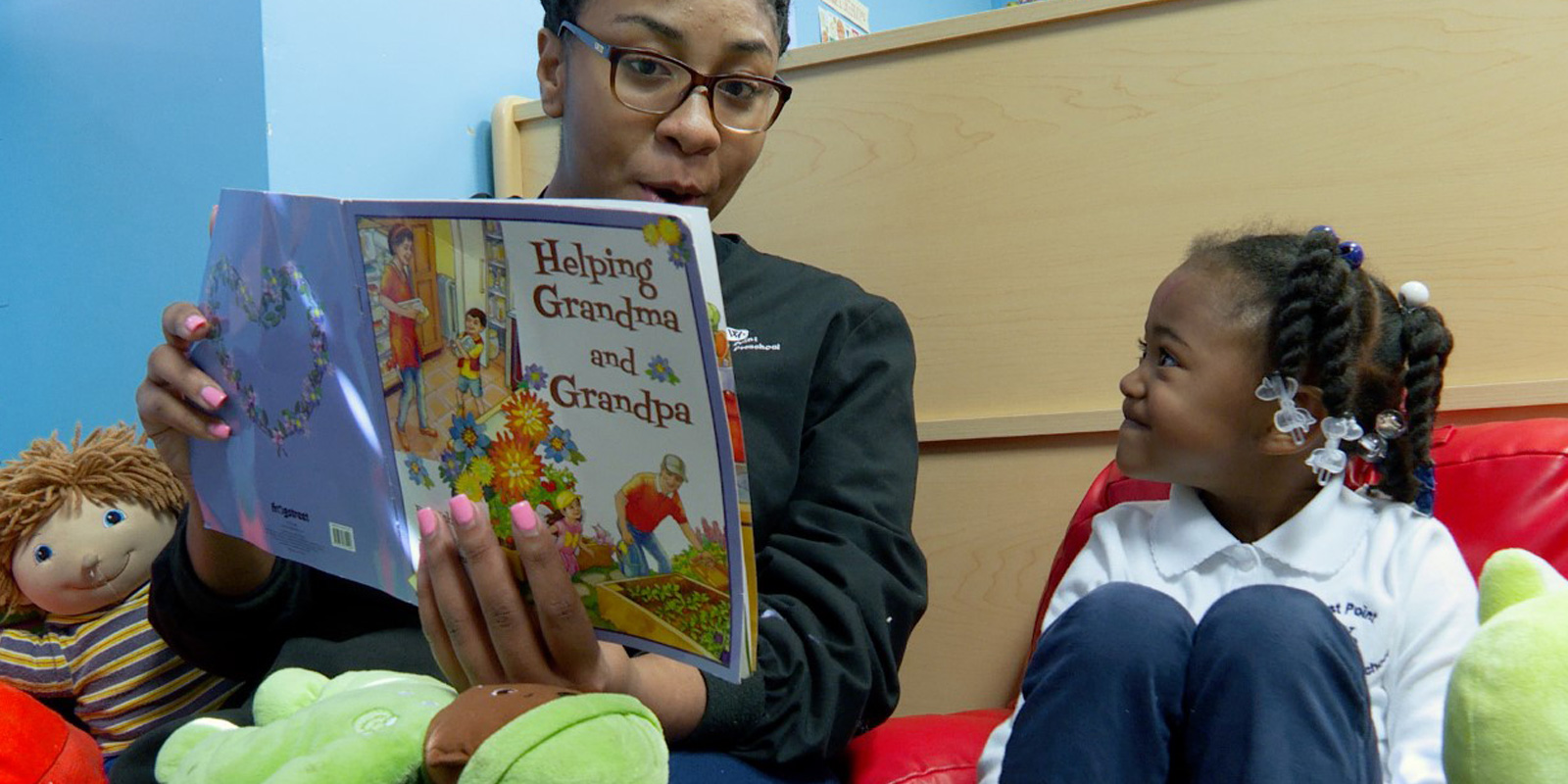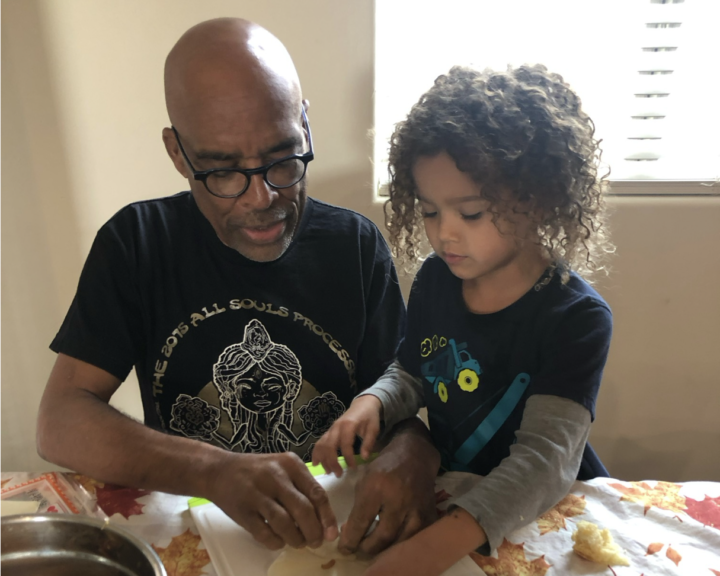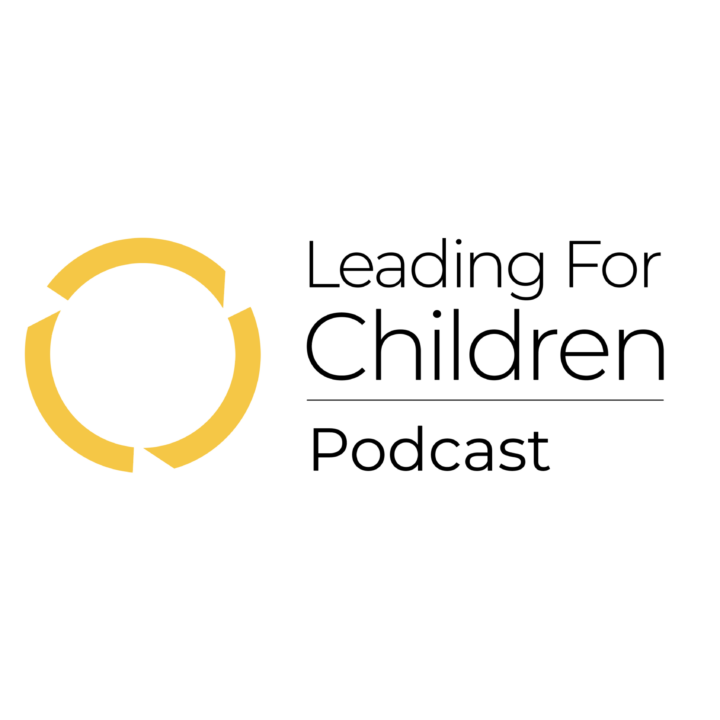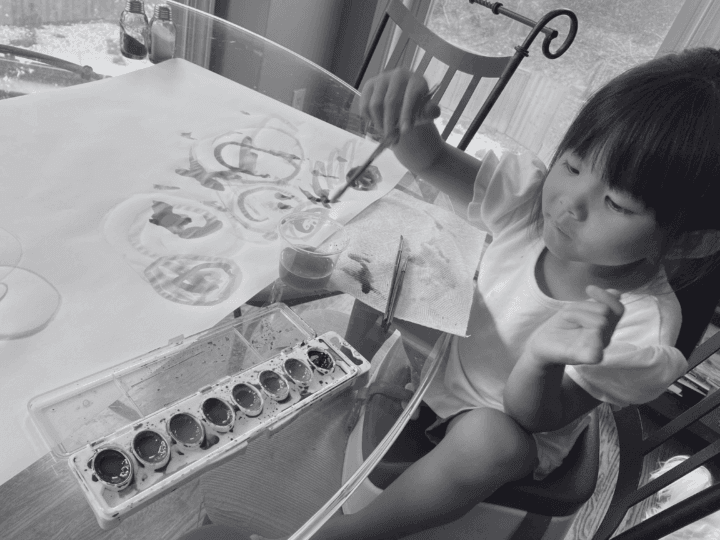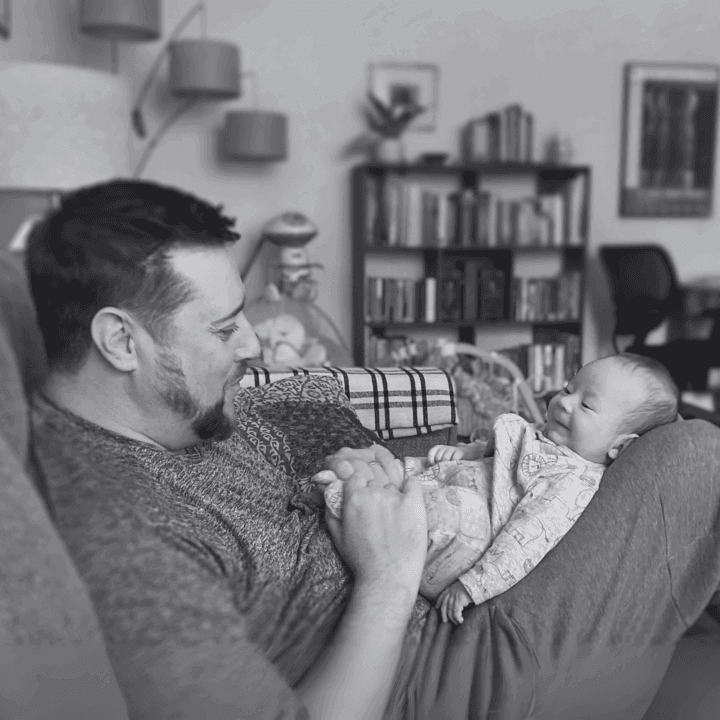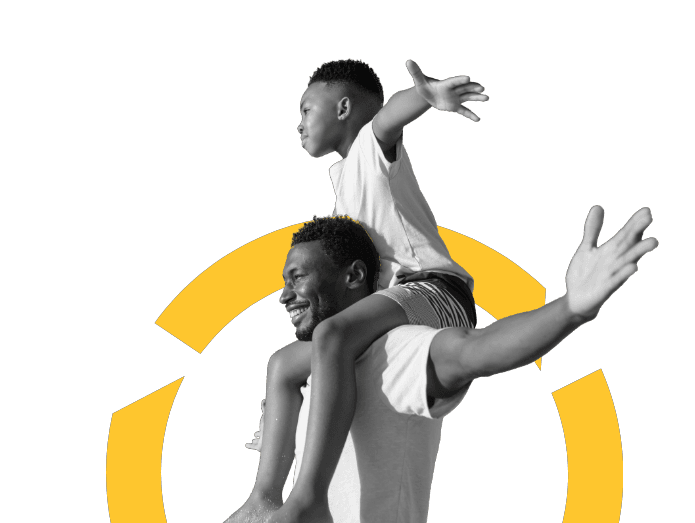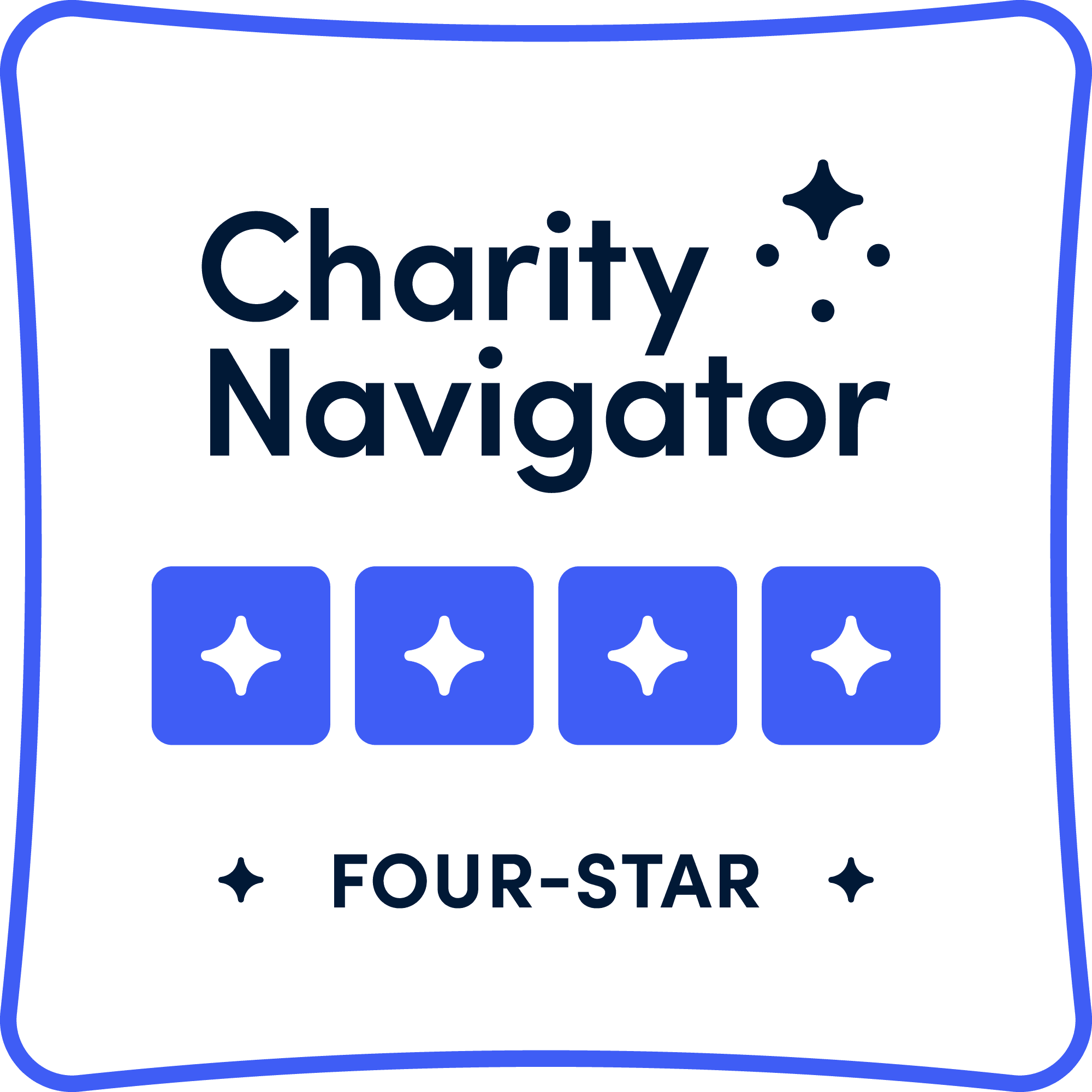By Judy Jablon and Alison LaRocca
How can we ensure that all children have the opportunity to realize their dreams and the possibility to achieve them?
The Mississippi Learning Network is one model for what can work. The Learning Network is an initiative of Leading for Children, a nonprofit organization that works in communities throughout the country to provide the best early learning experiences for children. In 2018 the Mississippi pilot program launched, engaging teachers, child care center administrators, parents, grandparents, system advocates, transportation drivers, cooks, nonprofit leaders and community-based organization staff to create an effective early-learning system for the children of their region.
“In the Learning Network, the wisdom is in the room and we build on it.”
As these 64 adults learned and worked together, they developed a shared understanding of how they can foster improved child care program quality in Jackson and Hattiesburg. This project has been successfully developed, piloted and refined over three years, resulting in a long-term learning experience that inspires the leadership at every level that is so crucial for true program quality improvement. By breaking down silos and forging strong partnerships, the project demonstrated that communities can address the inequities and power struggles that too often undermine quality in early learning.
The research is definitive: high quality early childhood education (ECE) has immense and lifelong social and economic benefits. However, as a nation, we continue to rely on methods of professional development and systems change that perpetuate the status quo: an undervalued workforce and inequities in the quality of child care available to families in marginalized communities.
The pervasiveness and impact of racism, sexism and classism in early learning (and society overall) have been identified throughout ECE literature. For example, in her 2017 study, Johnson-Staub discusses the historic undervaluing of caregiving and domestic work, in which looking at the work of early learning educators and care providers through the lens of “something’s wrong here” contributes to the perception that they need to “be fixed.” This results in ongoing tension, as leaders attempt to solve challenges through training and technical assistance, exacerbating inequitable power dynamics and perpetuating racism, sexism and classism.
What are the effects of these inequities? Young children are keen observers—they learn by watching the adults who care for and educate them. As Marion Wright Edelman says, “It’s hard to be what you can’t see.” Therefore, we have a responsibility to ensure a more equitable system so that our children can see adults modeling unlimited possibilities.
Learning Networks Inspire Change Makers
The Leading for Children team created the Learning Network model to address the fractures and inequitable power structures in the early learning system, drawing upon systems-change research and our years of experience understanding and applying the power of transformational relationships. This approach was the subject of an independent three-year study conducted by Luminary Evaluation Group, which found the Learning Network model to result in positive changes in early childhood education practices and to increase quality experiences for young children.
The Learning Network model is a multi-year approach that taps into the strengths and experience of the adults who care for and educate young children, bringing them together for shared learning, discussion and partnership development. The model includes time to build relationships and learn the strengths of people and programs, fostering the Network’s collective wisdom as the foundation for enhancing children’s learning and healthy development. Learning Network members develop trust, shared purpose, positive interactions, and commitment to continuous quality improvement.
Staying Connected through COVID
The Learning Network’s strong results on the path to equity have continued even throughout the COVID-19 pandemic. Members have shared that being part of the Learning Network has provided a sense of normalcy, with one person describing the network as “light in the dark tunnel” as they grappled with the realities of COVID-19.
Learning Network members engage in ongoing learning opportunities, including convening face-to-face and remote network-wide every two to three months, making site visits to programs, and collaborating on video projects. Network members connect through weekly text messages exchanges, social media interaction and small group video conferences and calls. Through facilitated interaction and learning, members draw upon the collective wisdom of the group to discover and elevate their own leadership qualities and actions. They are now a team of changemakers that we call Optimistic Leaders who are more confident, interact more effectively with their peers and have a greater impact on children’s development.
The Wisdom is In the Room
The Learning Network model is centered on Leading For Children’s five evidence-based commitments that, when practiced together, result in important social-emotional gains in adults, children and systems. They are:
Think impact: What are the short- and long-term consequences of your actions?
Cultivate self-awareness: Reflect on your thoughts and feelings.
Nurture relationships to support learning and collaboration.
Refine communications for mutual clarity and understanding.
Activate curiosity to find connections and keep learning.
The adoption and regular practice of the Five Commitments of Optimistic Leadership by stakeholders at every level of the Learning Network creates conditions essential for building a more just, equitable future for both adults and children. These conditions include positive relationships, especially among actors in the system with differing histories and perspectives; equitable power dynamics, including the distribution of influence and decision-making; and intentional mental models, deeply held beliefs and norms. As one Learning Network member summed it up, “In the Learning Network, the wisdom is in the room and we build on it. That’s what we want for kids—we don’t want to tell them what they think, we want to know what they think.” Other Learning Network members shared similar sentiments, indicating feelings of trust and strong cross-functional relationships among a diverse group of people.
Our experience in Mississippi has also shown that, to best prepare our youngest learners for a lifetime of success, the adults in their lives must model leadership and agency. Children learn behaviors from the adults around them. If each of these adults sees themself as a leader whose lived experience is valued, whose decisions matter and whose impact on children is immediate and lasting, then the quality of a child’s earliest experiences will dramatically improve. As one Mississippi Learning Network member points out, “I find myself playing a role in children’s lives everywhere I go—work, stores, church or at home. I’ve learned to be the person I needed at their age and to be gentle. These interactions have formed solid foundations, relationships and everything else in between.”
The Mississippi Learning Network Pilot has taught us that systems are stronger when the people within them, at every level, are deeply motivated to think and work in new ways on behalf of a larger vision of quality and exemplary practices for children and families. Research supports our experience. Kania, Kramer and Senge, point out that for each adult to see themself as a leader, they must function within an equitable system that can address and mitigate: 1) power dynamics that reinforce existing white power structures; 2) relationships that neglect groups and leaders closest to the challenges; and 3) resource flows (including the flows of information or opportunity). The Learning Network creates an environment of equitable collaboration where many members see themselves as leaders for the first time and can then apply their leadership to their settings in an ongoing way.
Change is Possible with Optimistic Leadership
The Five Commitments of Optimistic Leadership change the way Learning Network members see themselves, interact with others, lead organizations, create systems change and most importantly, support and educate young children. Evaluations from the Learning Network in Mississippi and other locations across the country show that the Optimistic Leadership approach fills a gaping hole in early learning. Adults at all levels—from state administrators to child care educators to parents—need tools and opportunities to effectively reflect on their role in a child’s early learning experience.
The Learning Network model has made significant strides in shifting the early learning system towards a model of optimism, implementing a directed, collaborative and purposeful approach to achieving the best outcomes for children. By using a strengths-based perspective that balances current realities with a vision for a better future, adults are able to make decisions that result in action and change. “We need to assume an optimistic view in order for us to feel like we can make a difference in the lives of children,” Mary Beth Hewitt points out in a recent blog post. “If we want our children to be resilient and optimistic, we need to model it.”
As we take the lessons learned from the Mississippi Learning Network pilot and apply them nationally, we empower the next generation to become Optimistic Leaders. This empowerment is a crucial first step for enacting the change needed to dismantle an inequitable, broken system and rebuild it one voice at a time. Lifting every voice will result in a significant multi-generational impact as children learn from their greatest models — the adults they interact with every day.
